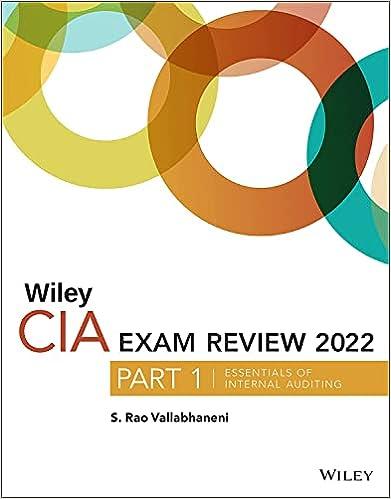1-Read the Case 10-1 in the textbook. What is the purpose and type of each of the ratios you were required to compute in Case 10-1? The four types of ratios are liquidity, activity, solvency, and profitability.


Case 10-1 Swisscom AG Swisscom AG, the principal provider of telecommunications in Switzerland, pre- pares consolidated financial statements in accordance with International Financial Reporting Standards (IFRS). Until 2007, Swisscom also reconciled its net income and stockholders' equity to U.S. GAAP. Swisscom's consolidated financial state- ments from a recent annual report are presented in their original formatin Column 1 of the following worksheet. Note 27, Differences between International Financial Reporting Standards and U.S. Generally Accepted Accounting Principles, which includes Swisscom's U.S. GAAP reconciliation, also is provided. Required 1. Use the information in Note 27 to restate Swisscom's consolidated financial statements in accordance with U.S. GAAP. Begin by constructing debit/credit entries for each reconciliation item, and then post these entries to columns 2 and 3 in the worksheets provided. 2. Calculate each of the following ratios under both IFRS and U.S. GAAP and determine the percentage differences between them, using IFRS ratios as the base: Net income/Net revenues Operating income/Net revenues Operating income/Total assets Net income/Total shareholders' equity Operating income/Total shareholders' equity Current assets/Current liabilities Total liabilities/Total shareholders' equity Which of these ratios is most (least) affected by the accounting standards used? Worksheet for the Restatement of Swisscom's Financial Statements from IFRS to U.S. GAAP 23 (1) Reconciling Adjustments (4) IFRS Debit Credit U.S. GAAP 9.842 10.119 2090 1.739 1,726 9,805 314 (428) 25 (89) Consolidated Statement of Operations Net revenues Capitalized cost and changes in inventories Total Goods and services purchased... Personnel expenses Other operating expenses . Depreciation and amortization Restructuring charges Total operating expenses Operating income..... Interest expense Financial income......... Income (loss) before income taxes and equity in net loss of affiliated companies.......... Income tax expense Income (loss) before equity in net loss of affiliated companies Equity in netlow of affiliated companies Net Income (loss) Consolidated Retained Earnings Statement Retained earnings, 1/1...... Net loss Profit distribution dedared Conversion of loan payable to equity Retained earnings, 12/31 Consolidated Balance Sheet Assets Current assets Cash and cash equivalents Securities available for sale Trade accounts receivable Inventories Other currentes Total current assets (90) (325 (415) (151) (1,282) 3.200 1.352 255 2,052 169








